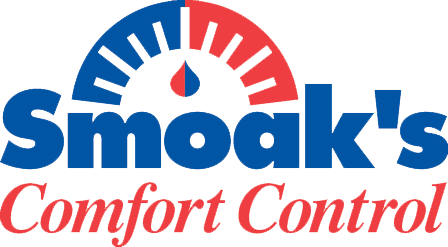Spring allergies are a common problem for many people living in the South Carolina Lowcountry. Fortunately, simple steps can minimize your exposure to allergens while improving the overall indoor air quality within an office setting. Since many people spend eight or more hours per day away from home, ensuring your working environment is as clean as possible will reduce allergy symptoms.
Make sure to sweep, dust and mop frequently. Change the air filters at least every two months, making sure to use a model with a high MERV (minimum efficiency reporting value) rating. Adding a dehumidifier, air purification system, and indoor plants will also improve your indoor air quality.
Keep Your Office and Air Filters Clean
Many people find that seasonal allergies can be kept at bay with regular cleaning and maintenance tasks. Make sure to have your office swept daily, preferably after hours to avoid scaring up dust that can trigger respiratory symptoms in workers. Weekly dusting of all surfaces with a damp cloth as well as mopping are also important.
Your HVAC system’s air filter should be changed (or cleaned if it is the washable type) approximately once approximately every 30 to 90 days. Use a filter with a MERV rating of at least five to eight. Air filters with a lower rating are only designed to protect the interior components of your HVAC system and will not remove allergens and other respiratory irritants from the air.
Add an Air Purifier, Plants and/or Dehumidifier
Adding an air purification system to your office is a great way to improve indoor air quality. Be sure to keep windows closed to minimize allergens and utilize your A/C unit to maintain air flow. Indoor plants are a great way to reduce the amount of irritating airborne toxins present in your office environment. Finally, research shows that allergy symptoms are lessened when indoor humidity levels are maintained between 40 and 60 percent.
A dehumidifier can be used in conjunction with your air conditioner to maintain an ideal humidity level that prevents the growth of mold and mildew. Contact the team of professionals at Smoak’s Comfort Control for assistance or questions related to any aspect of HVAC maintenance in your commercial property.

